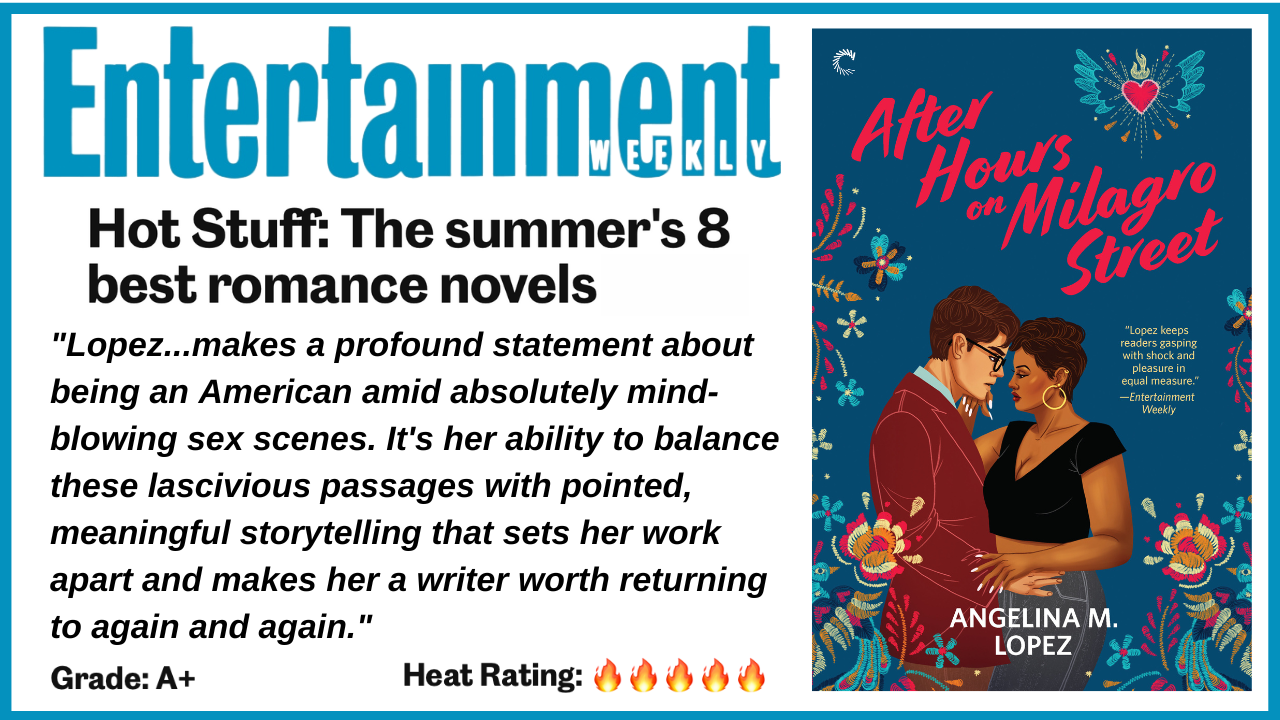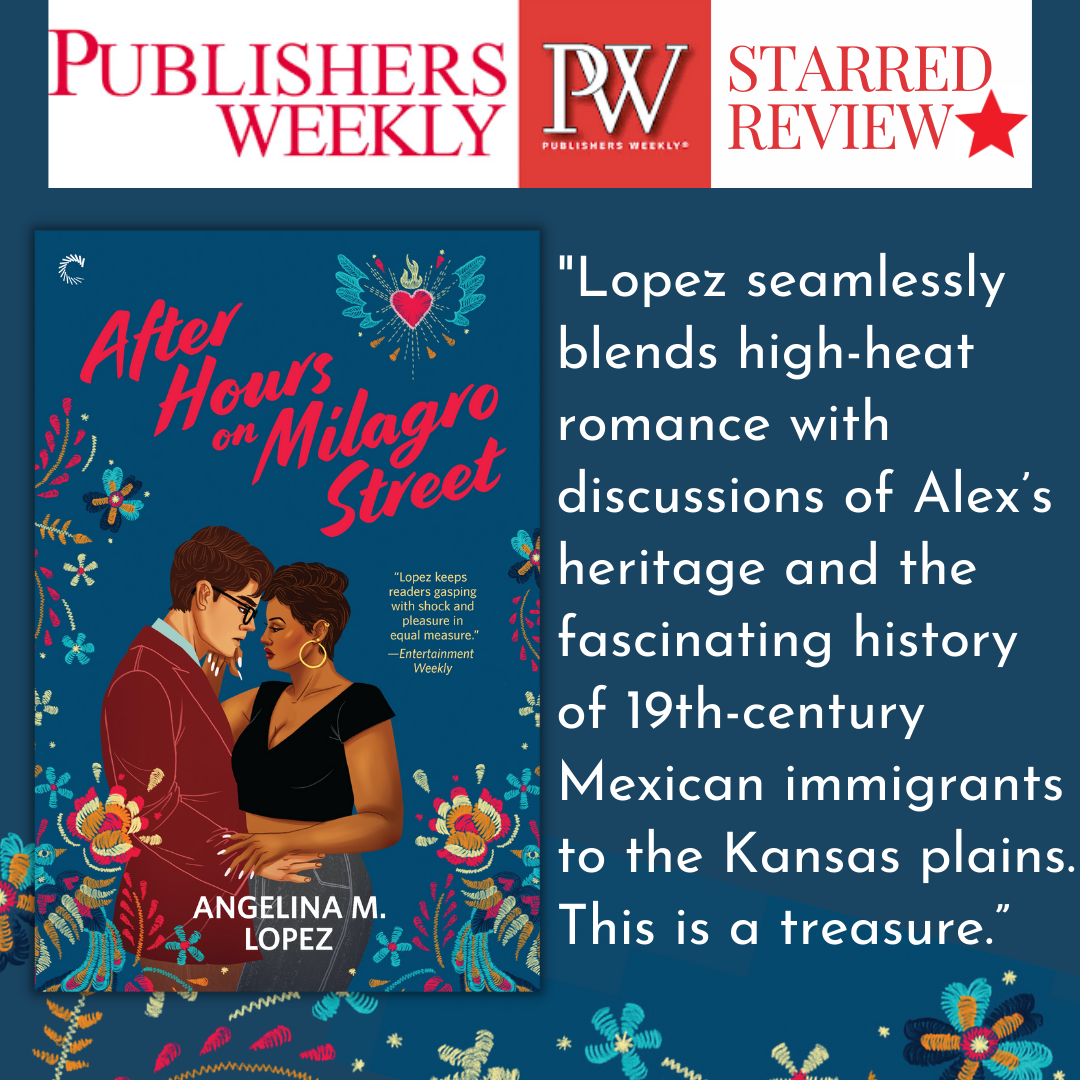Through the majority of my life, I didn’t seek to see myself — a brown-skinned Mexican-American female — represented in the media I consumed. Not seeing me was such a norm that I accepted it as a norm.
The same was true for the romance novels I devoured. I never questioned why there were no Latina heroines or books set in Latinx communities and cultures from Latina authors. It was just media as I expected it. I long held the dream to be a romance writer, but I expected to write white heroines under a pen name.
(There were a few Latinx romance books by Latina authors, usually shoved aside, separate from the other romance novels, as if readers who understood the stories of 14th-century Scottish highlanders and 18th-century pirates couldn’t possibly understand the love stories of modern-day Latinos.)
It took other people, younger people, to make me realize how horrifying and absurd all this was.
So, when I was first tapping out the details of what would become my debut novel, Lush Money, about a self-made billionaire businesswoman, back in 2015, I immediately backed up and defined her as a self-made Mexican-American billionaire businesswoman. Because, although I was new to the awareness, I was already tired of not seeing me and women like me represented.
Which makes the A+ review from Entertainment Weekly for After Hours on Milagro Street that much more glorious:
Inspired by her own upbringing as a Mexican American in Kansas, Lopez offers a steamy love story that is also a repudiation of whitewashing history for the sake of upholding narrow definitions of what it is to be American.
This phenomenal review from Maureen Lee Lenker, senior editor at Entertainment Weekly, underlines how the lived perspective I was able to share as a Latina author enhanced this high-heat, bonkers, steamy, escapist love story.
After Hours on Milagro Street is about not only uncovering forgotten (or deliberately obscured) histories, it's about restoring the narrative of our collective past and the contributions of a rich tapestry of peoples whose story is often reduced or erased altogether.
That bit — whose story is often reduced or erased altogether — really got me. In recent weeks, a light has been shined on popular white authors who write Latinx characters in derogatory ways. The argument has always been, “Shouldn’t writers be able to write whatever they want?”
Yes. Shouldn’t writers of color have been able to write whatever they want and get the same placement, support, and publishing dollars as white authors? Yes. But we all know that that is not how the world has worked. What we’re asking for now — since equality does not exist — is equity. We’re asking for white authors to allow us to tell our stories, and for publishing to support us in that endeavor.
As Maureen Lee Lenker states in her review: Romance is almost always an inherently political genre in the ways it asserts its messages about sexuality, pleasure, power dynamics, and more.
But Lopez raises that to the next level, making a profound statement about being an American amid absolutely mind-blowing sex scenes. It's her ability to balance these lascivious passages with pointed, meaningful storytelling that sets her work apart and makes her a writer worth returning to again and again.
Put this on my tombstone. Ink it on my skin.







